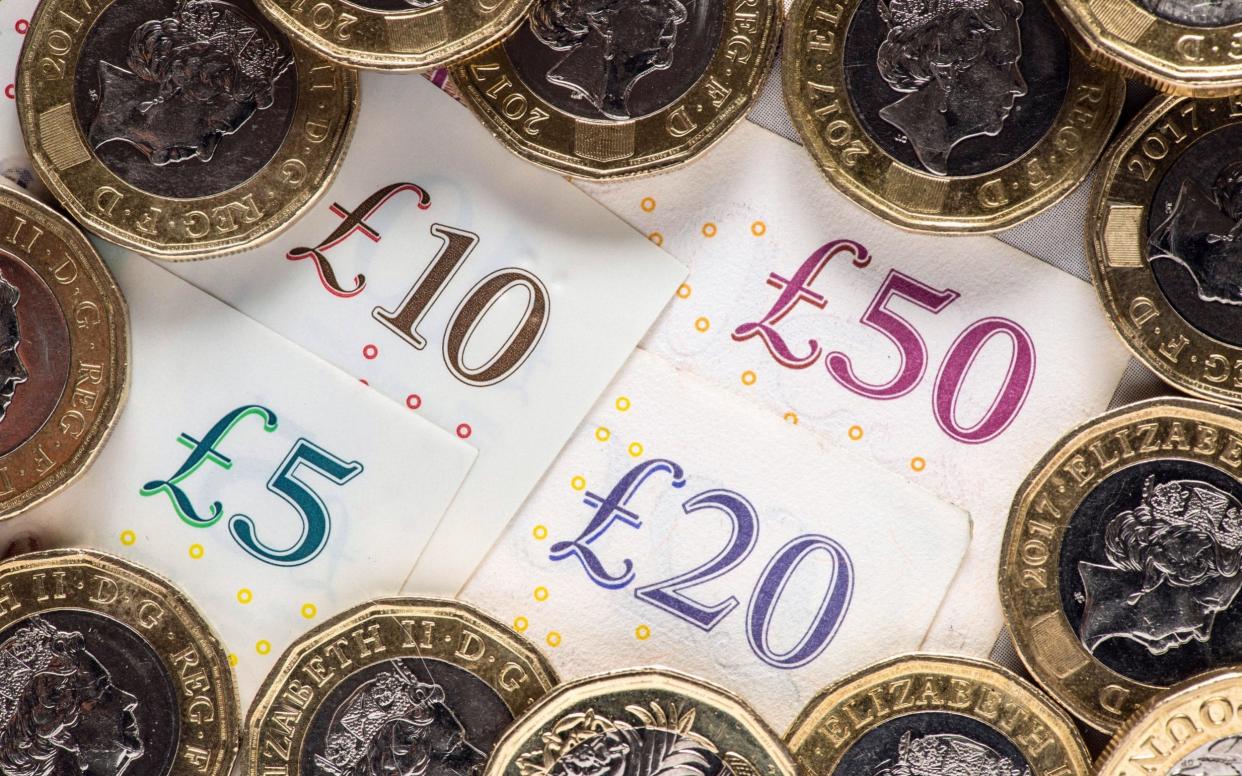Cancer costs more than having a child, landmark study shows

Cancer costs more than having a child, according to research by Macmillan Cancer Support.
It found the financial impact of the disease - the combination of lost income and extra outgoings, such as travel to hospital appointments - amounts to £5,380 a year.
The figure is almost £1,500 more than the estimated annual costs of bringing up a child, according to local government surveys.
The charity is calling on the Government to introduce a legal duty of care for the banking sector to help vulnerable customers.
This could include flexibility on mortgage payments, interest freezes on credit cards and loans or ensuring customers are signposted to financial help as early as possible.
Without the right support, the sudden financial impact of the disease can be crippling
Lynda Thomas, chief executive of Macmillan Cancer Support
Lynda Thomas, the charity’s chief executive said too many cancer sufferers were left in penury, at a time when they were already under extreme stress.
“Cancer does not wait until you get a promotion at work or until you have enough savings in the bank. It arrives unexpectedly, shaking up everything from your health to your finances.
Cancer | The tests you need to know about
“Without the right support, the sudden financial impact of the disease can be crippling,” she said.
The charity is urging the Government use the Financial Guidance and Claims Bill, which is currently going through parliament, to change the law so that banks and building societies have a legal obligation to act in the best interests of their customers.
It said this would encourage cancer patients to seek help from their bank earlier, to seek flexibilty about paying mortgages, credit cards and loans, rather than spiralling into debt.
Mother of three Christine Martindale’s youngest son, Jonny, was 10 when she was diagnosed with cancer of the parotid, part of the salivary gland.
The 60-year-old former social worker from Falmouth, Cornwall, said: “I was in the middle of moving house when I was diagnosed and there came a point when I thought, ‘I just can’t cope’. I had to withdraw my house from the market and lost money on a survey for another home.
“My finances continued to dwindle and I had to borrow from my daughter, friends and family to cover my expenses. I even got a lodger to help cover my mortgage.
“When I was pregnant I could prepare for the arrival of my children and it was an experience I could share. But cancer was never planned and it was not foreseen. People didn’t gather around me like they did for a baby – I felt in isolation.”
'I recovered from cancer years ago - but my travel insurance still costs £550'
More than half of the population can expect to be diagnosed with cancer at some point in their lifetime.
A survey of 1,600 patients by Macmillan found 83 per cent of cancer patients are worse off as a result of their diagnosis - on average losing around £570 a month.
This compares with monthly costs of £448 to bring up a child under the age of 11, according to local government research.
This makes cancer £121.59 more expensive than parenthood every month – and a staggering £1,459.08 more costly a year.
The cost of cancer comes from a combination of patients being too ill to work and additional outgoings, such as paying to travel to and from hospital for appointments. Cancer and its treatments can also leave patients feeling the cold more, increasing energy bills.
The calculations on the cost of childhood include monthly food costs of £87, holidays at £61, school-related costs at £39, toys at £33 and activities at £45.
Macmillan provides benefits advice and grants to cancer patients – giving out £14 million in 2017 to help cover the extra costs of their diagnosis.
The charity’s research reveals that just one in nine people with cancer actually tell their bank about their diagnosis. This is typically because they didn’t think their bank would be able to help them, or they were worried about the consequences of telling their bank. Of those who did alert their bank, one quarter felt dissatisfied with the help they received.

